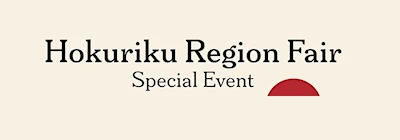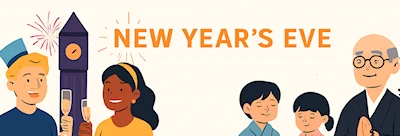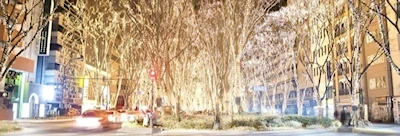Fred Korematsu
Event Location
120 S. Los Angeles St., CA 120 S. Los Angeles St.
Fred Korematsu, a Japanese-American civil rights activist, is renowned for his courageous stand against the unjust internment of Japanese Americans during World War II and his subsequent legal challenge that reverberated through the halls of the United States Supreme Court. Born in 1919 in Oakland, California, Korematsu's life took a dramatic turn following the bombing of Pearl Harbor in 1941, when President Franklin D. Roosevelt issued Executive Order 9066, authorizing the forced removal and incarceration of Japanese Americans living on the West Coast.
Refusing to comply with the government's orders, Korematsu became a symbol of resistance, evading internment and going into hiding. However, he was eventually arrested and convicted for violating the exclusion order. Despite facing discrimination and ostracism, Korematsu remained steadfast in his belief that the internment was a grave injustice and a violation of constitutional rights.
In 1944, Korematsu's case reached the United States Supreme Court in the landmark decision Korematsu v. United States. Despite fervent arguments asserting the unconstitutionality of the internment, the Supreme Court ruled against Korematsu in a 6-3 decision, upholding the legality of the government's actions. The ruling remains one of the most controversial in Supreme Court history, criticized by legal scholars and civil rights advocates for its deference to executive authority at the expense of individual liberties.
Though his legal challenge was unsuccessful at the time, Korematsu's defiance and resilience inspired generations of activists to continue fighting for civil rights and challenging government overreach. In the decades following the war, Korematsu's case was revisited, leading to a reevaluation of the government's actions and ultimately to his exoneration.
In 1983, Korematsu's conviction was overturned in a federal court in San Francisco, marking a significant victory for civil rights and a recognition of the injustice endured by Japanese Americans during World War II. The ruling acknowledged that the government's actions were based on racial prejudice and a failure of the judicial system to uphold fundamental rights.
Korematsu's legacy extends far beyond his legal battle; he became a symbol of resistance and resilience, standing up against injustice and discrimination in all its forms. His courageous stance continues to inspire activists advocating for equality and justice, serving as a reminder of the importance of vigilance in safeguarding civil liberties, particularly in times of crisis.
In 1998, President Bill Clinton awarded Korematsu the Presidential Medal of Freedom, the nation's highest civilian honor, recognizing his extraordinary contributions to civil rights and his unwavering commitment to the principles of equality and justice. Despite the challenges he faced and the personal toll of his ordeal, Korematsu remained dedicated to ensuring that the injustices suffered by Japanese Americans during World War II would never be forgotten, and that future generations would learn from the mistakes of the past.
Friday, 18 December, 2026
Authentic Japanese Gardens (United States)
Best Japanese Gardens
Japanese Rock 'Zen' Gardens (United States)
Best Japanese Rock 'Zen' Gardens
Japanese Teahouses (United States)
Best Japanese Teahouses
Japanese Museum Art
Japanese Museums Map of Japanese Museums

















